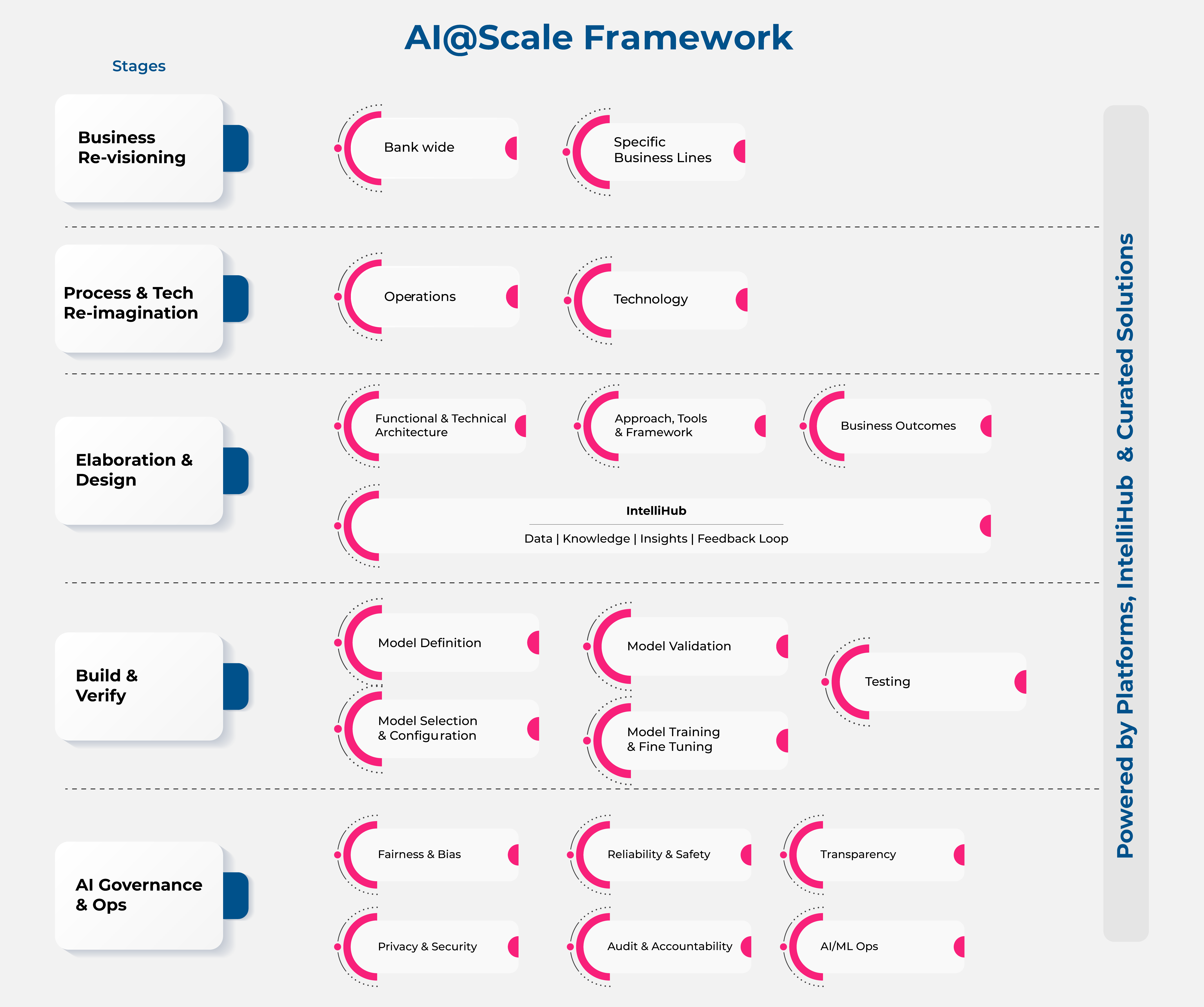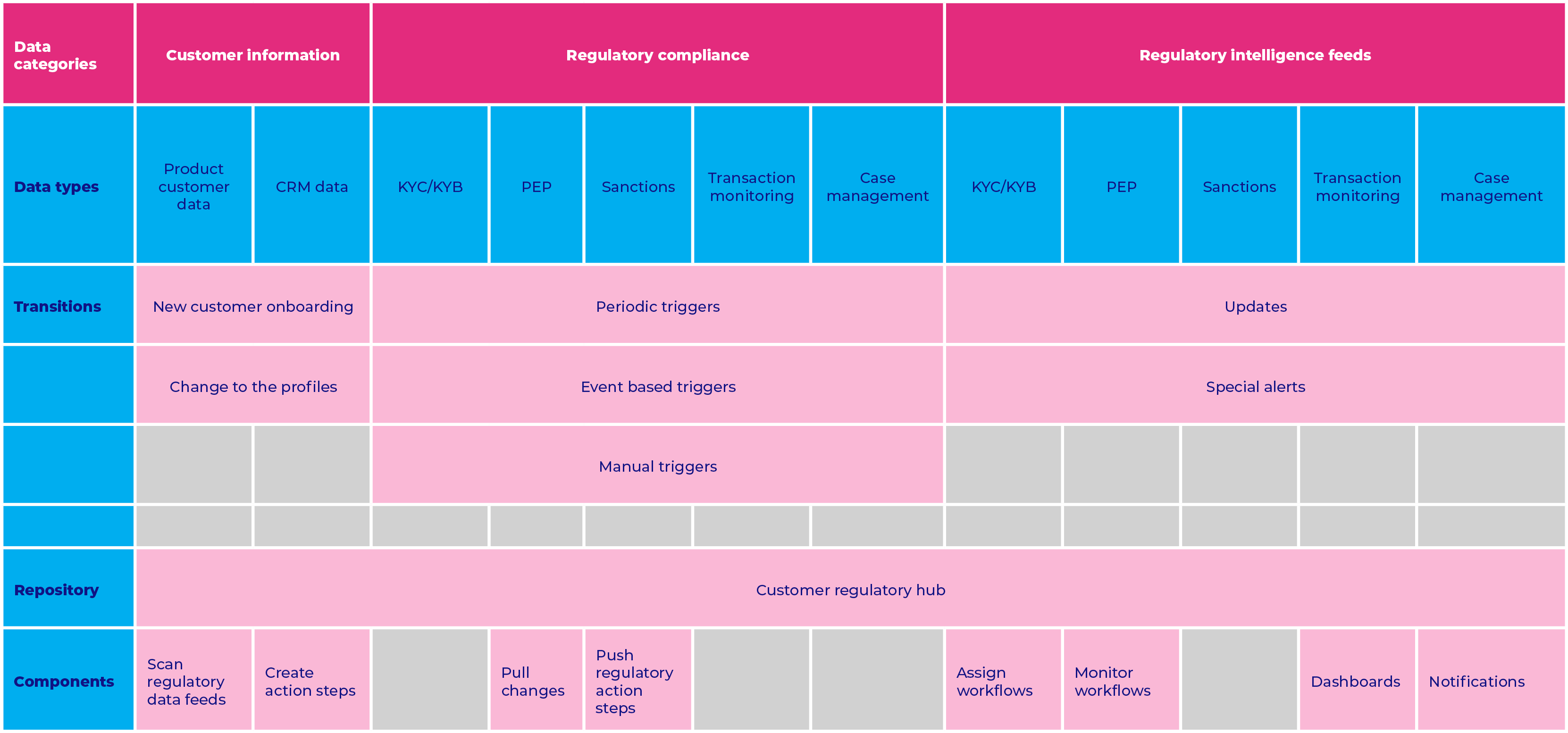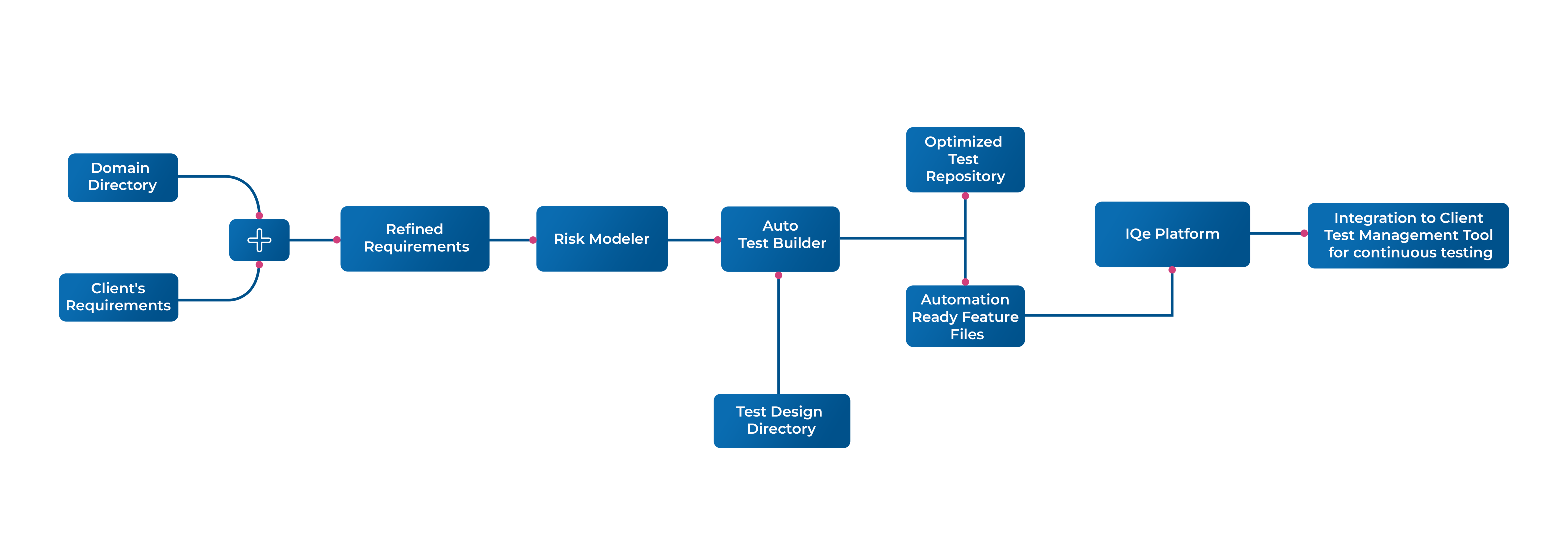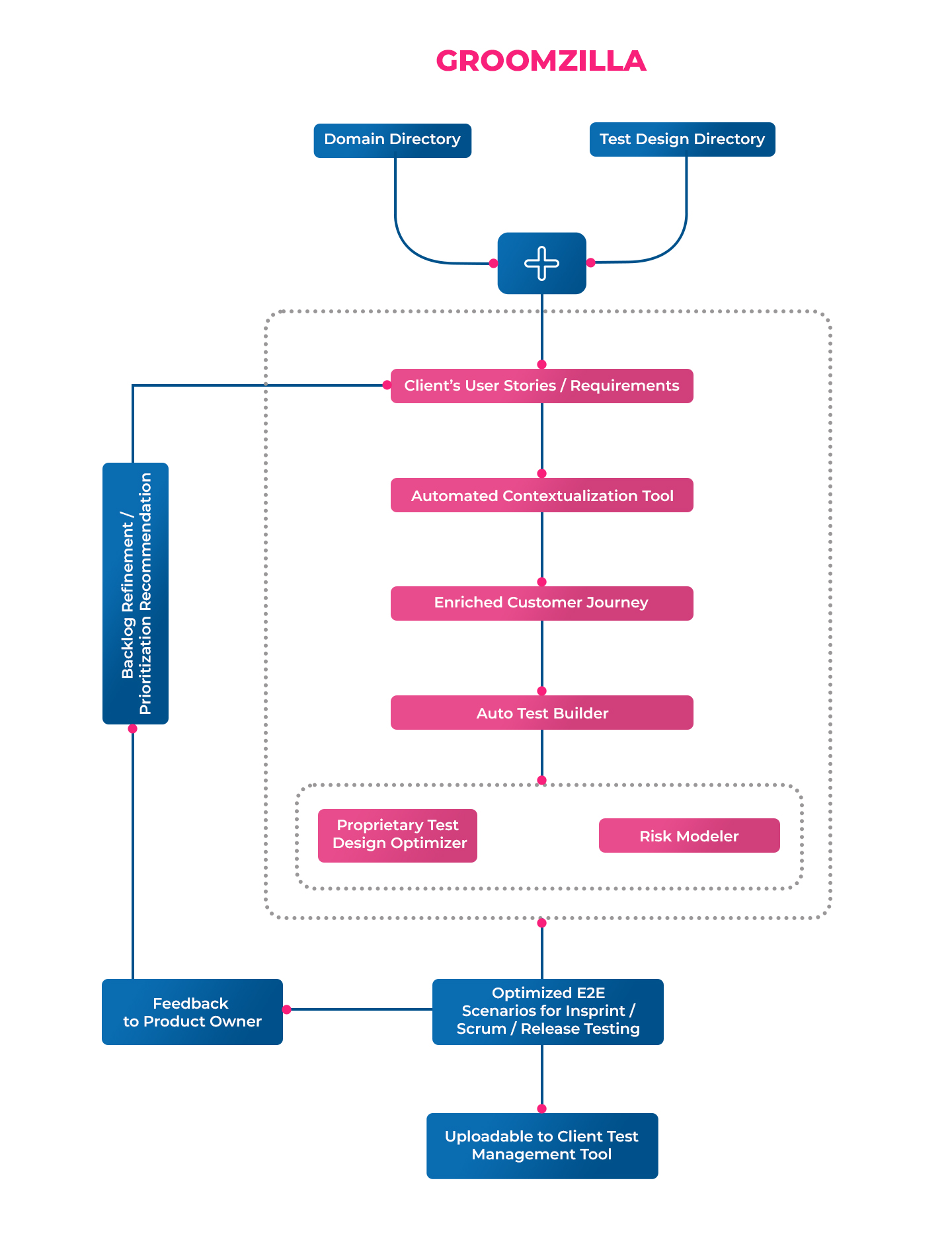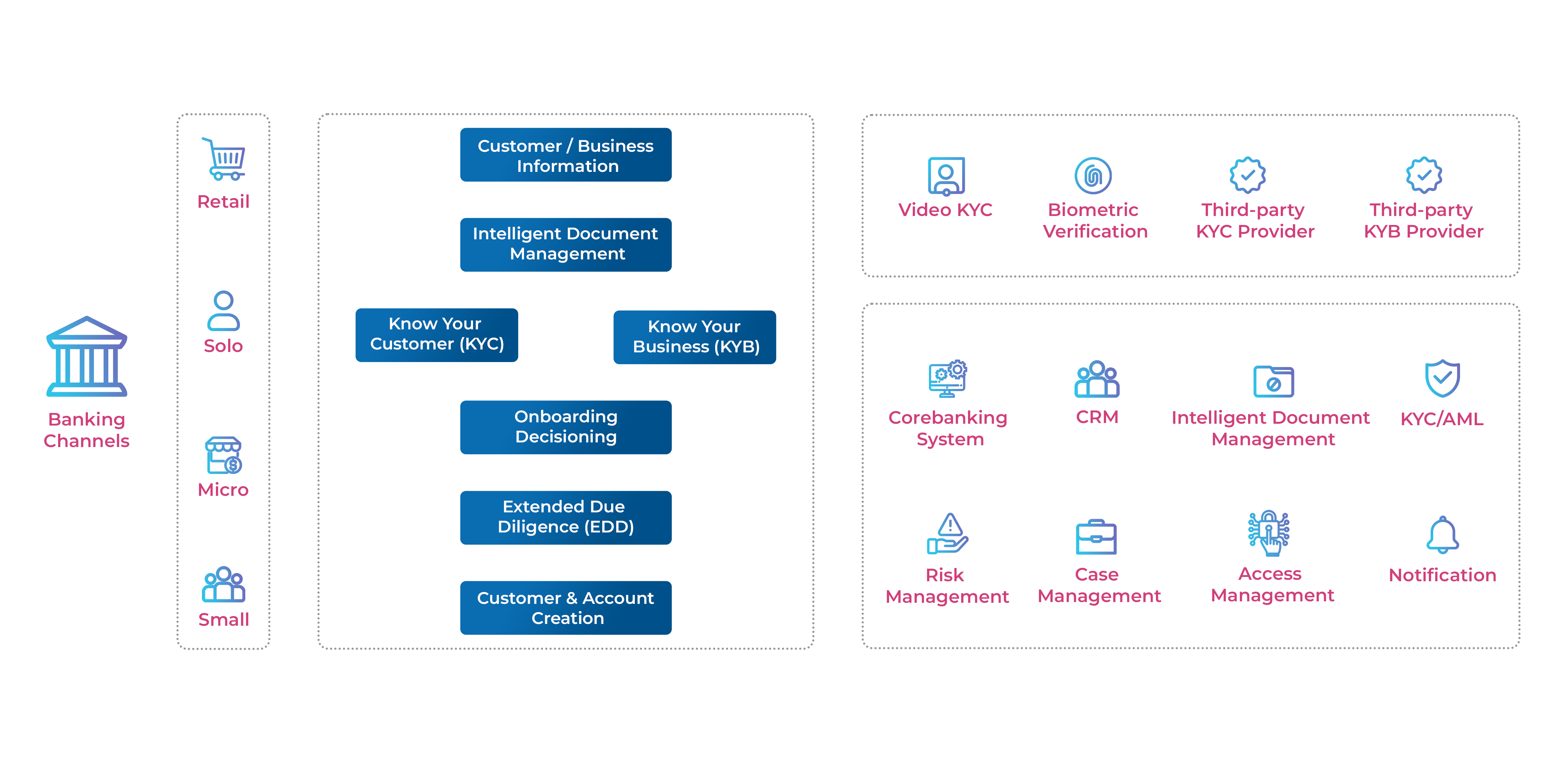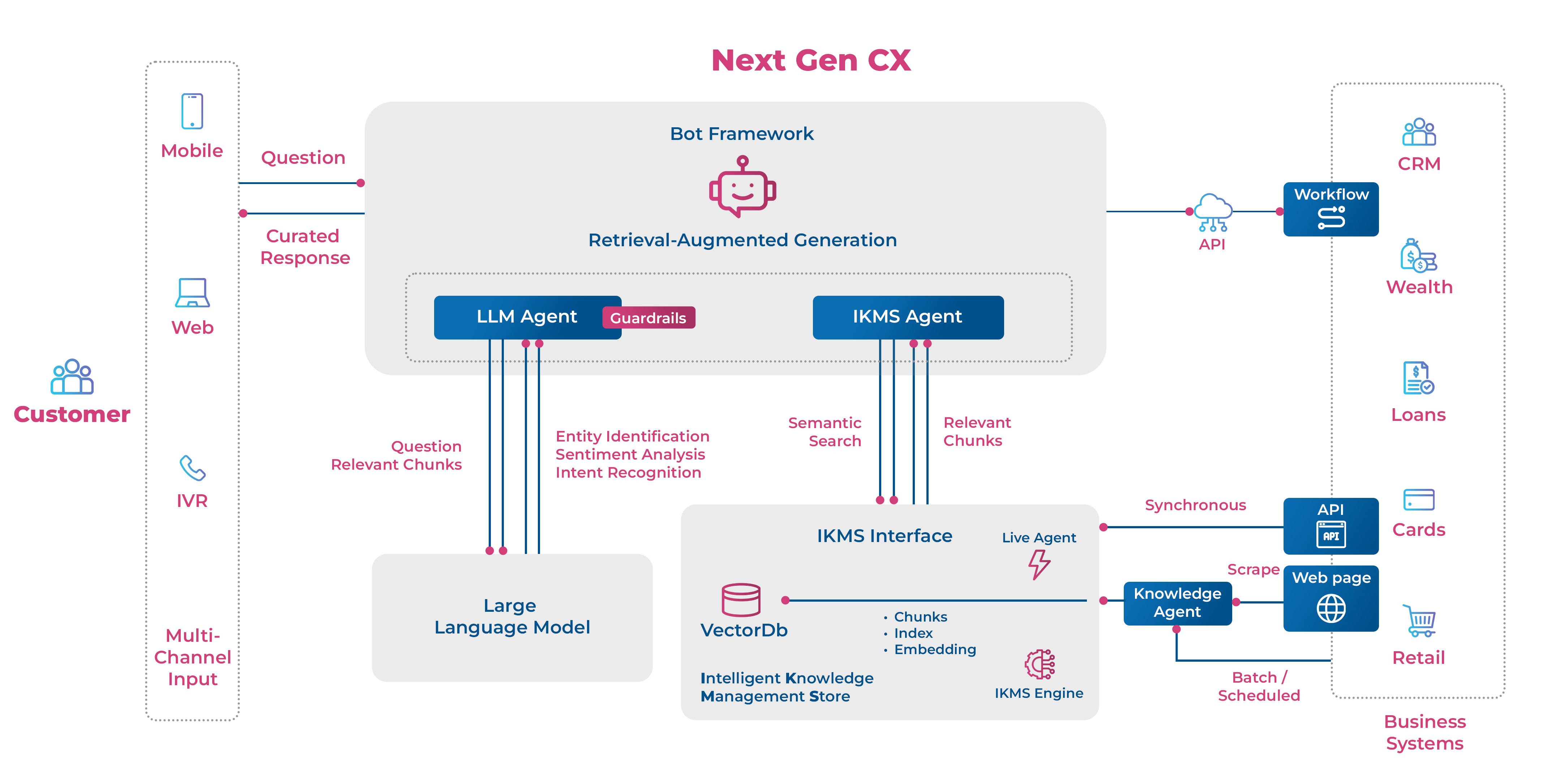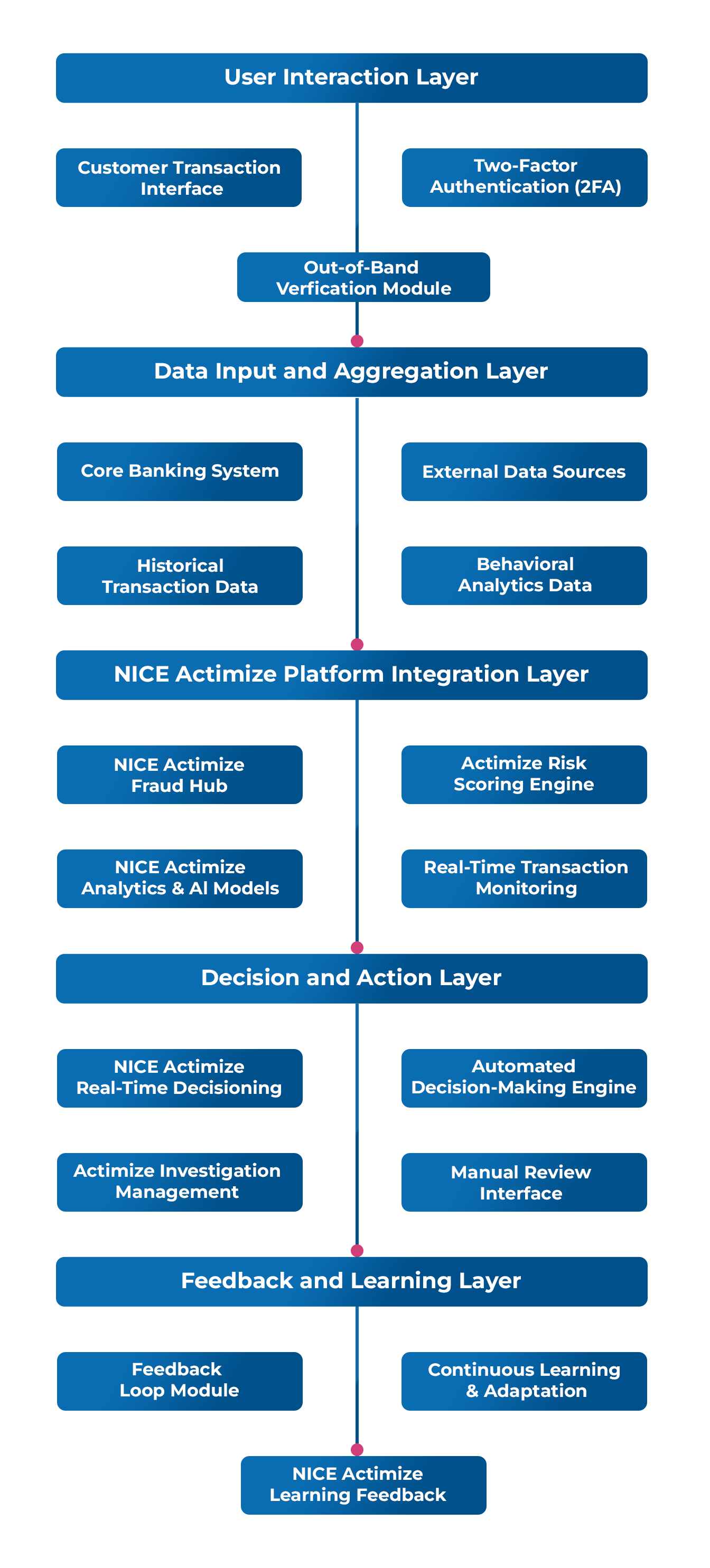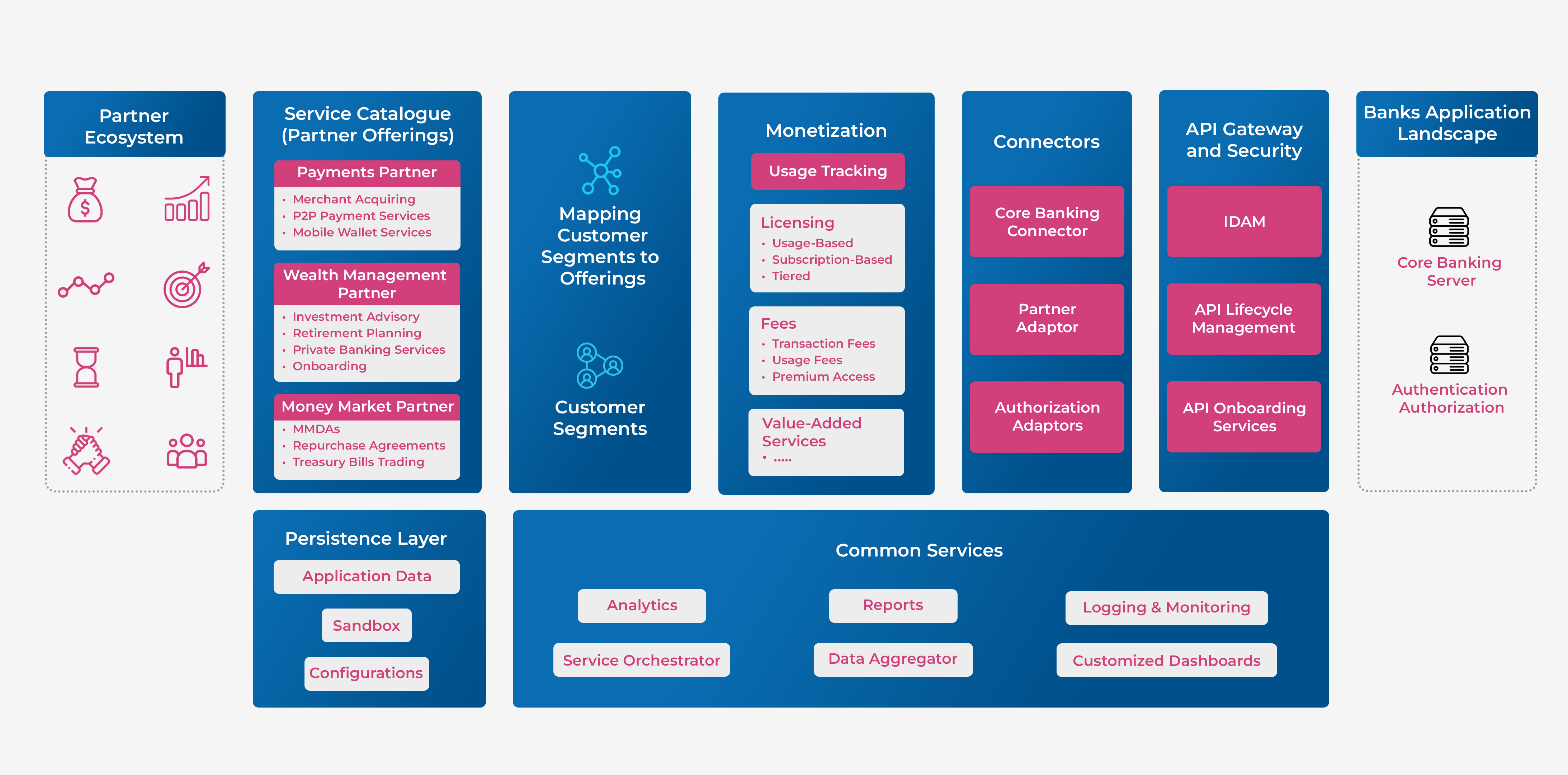The world of work, accelerated by the pandemic, is set for a monumental transition. McKinsey predicts that 14% of the global workforce may have to switch occupational categories as digitization, automation, and advances in AI are disrupting the world of work. By 2030, companies and governments will face profound implications for setting up individuals on their career paths. The global corporate L&D market tops $350 Bn, as Gartner posits in its recent year-end report that 70% of employees feel they lack the skills required to perform well on their jobs.
Accentuating today’s need is a core reality: transformational learning, despite the investments, efforts, and excitement poured in, is hard. Companies must reach the point where their workforce eagerly (and assertively) challenges the status quo and act in altered ways to create enduring customer value. The challenge can originate from multiple sources; the learning may be misaligned with required business skills, or the metrics targeted are ineffective (course completion rates, for instance, as opposed to qualitative feedback). What is the way forward?
What elements and principles creates happy learning communities and encourage greater experimentation and effectiveness?
It is interesting to observe an employer’s value promise in setting up a conducive environment.
- Establishing communities of practice. The informal association of employees usually stretches across business divisions, are as diverse as the situations that give rise to them. One example could be that employees form communities of practice around the emergent areas of AI, Regulatory Tech, and Cybercrimes. In contrast to formal work or project teams, a community of practice is united through passion, commitment, and identification of the group’s expertise. Over time, communities of practice self-perpetuate – they generate knowledge, reinforce and renew themselves.
While participation remains voluntary, communities of practice are encouraged by the learning culture that an organization fosters through its employee brand promise.
- Ecosystem learning. In a recent example, Apple pledged $50M in supplier employee development funds to expand access to learning opportunities. The initiative supports the worker rights program created by the International Labor Organization (ILO) and the International organization for Migration (IOM). This is an example where new educational resources enhance the learning potential for specific professions and create skills necessary for tomorrow’s jobs – in an ecosystem-centered way. This external orientation is crucial in today’s hair-trigger economy, where customer preferences constantly change. Working with partners makes spotting new (and often unpredictable) opportunities easier. As unexpected challenges surface, ecosystem learning programs help organizations to draw meaningful insights from fragmentary and incoherent data. One, the employees are equipped with a sharpened sense of emerging trends, and two, they are battle-ready with necessary resources that must be quickly brought to bear.
- Unlearning faster than learning. More than forgetting, the discipline of unlearning involves the wisdom of choosing a fresh way of thinking. When we learn, we add new knowledge. When we unlearn, we step outside our mental models to select something new. In a networked economy, the nature of strategy and customer value creation shifts quickly and vastly. For instance, creating friction-free customer experiences for banks in an omnichannel world is about removing limits rather than setting them. Be it sales, marketing, brand, or product development teams; it is essential to remind ourselves that we operate in a multi-dimensional world, where more than B2B, B2C, D2C, and B2B2C models, the more objective reality is “many-to-many .”To transition and successfully perform in this mental model, we must embrace new mental habits (like driving on the other side of the road in a foreign country).
Companies that practice curiosity, transparency, and non-judgmental communication (especially at the leadership ranks) do better at unlearning (often faster than learning).
In conclusion
Creating inspired, open, and free organization comes from how broad-based, inclusive, and well-permeated the employee value promises – especially the principles of care, nurture, and communication – are.
Remember, Choose Wise, Continue Wiser.
About Maveric Systems
Since 2000, Maveric Systems has been a niche, domain-led Banking Tech specialist partnering with global banks to solve business challenges through emerging technology. 3000+ tech experts use proven frameworks to empower our customers to navigate a rapidly changing environment, enabling sharper definitions of their goals and measures to achieve them.





